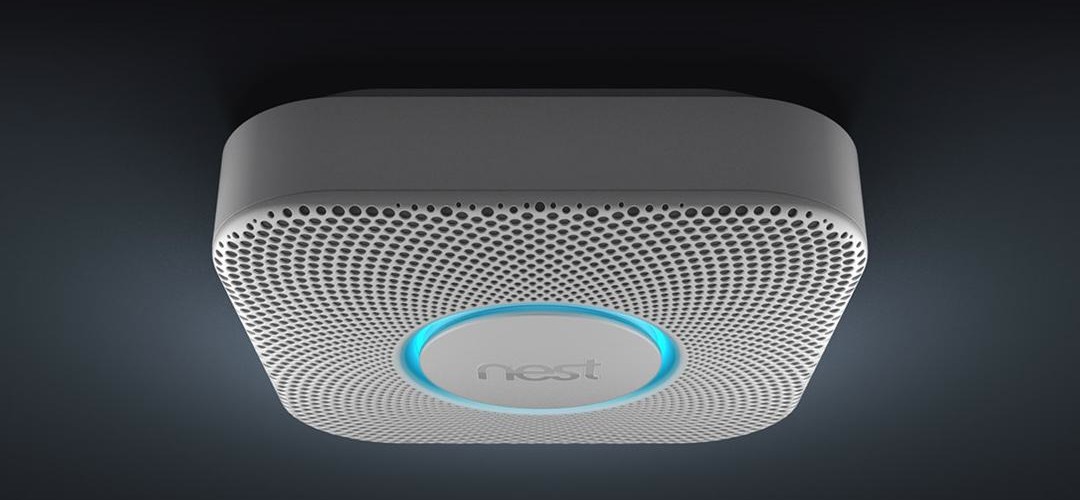
The Nest Protect, the company’s smoke alarm, is now back on store shelves after a new-age product recall of 440,000 units. I say new-age because the device wasn’t actually recalled in the traditional sense. Nest wasn’t asking that the device be shipped back to its offices; instead, the company urged customers to patch the device with a software update to fix a “bug” that may prevented the device from going off in an emergency.
In reality, the bug wasn’t actually fixed, Nest has instead disabled the feature that was causing the issue (wave to disable), discounted the device by $30.00, and then put the Protect back on the shelves at retailers and online.
The Nest Protect monitors for both smoke and carbon monoxide (CO) in the air before setting off its alarm, and while the ‘wave to disable’ feature has now been disabled, Nest, and by extension Google (who now owns the company) are still confident they can figure out a legitimate fix.
Of course, a new age smoke detector wouldn’t be complete without data gathering technologies, right? Nest has been collecting information about alerts, and the frequency at which they go off, in homes with the Nest Protect installed. According to its findings, Nest has estimated that at least one million households in the United States, Canada and Britain are exposed to high levels of carbon monoxide each year. Apparently the average time those events have last is somewhere between 3 minutes to over 24 hours, with a median alert time of 1 hour and 17 minutes.
I don’t know about you, but those times seem a little long. The company doesn’t state what they’re doing to lower those times and make our homes safer, but they do say they’re collecting data so the can figure out “how actual CO events unfold.”
If you own a Nest thermostat there are a few built in tools to help in an emergency. For instance, “Nest Protect will tell the Nest Thermostat to turn off fossil fuel heating during a CO emergency.” That’s a pretty nifty trick that was unavailable in the past, and it’s something that will help lower CO event emergencies in the future, as long as the Protect continues to work bug-free.






